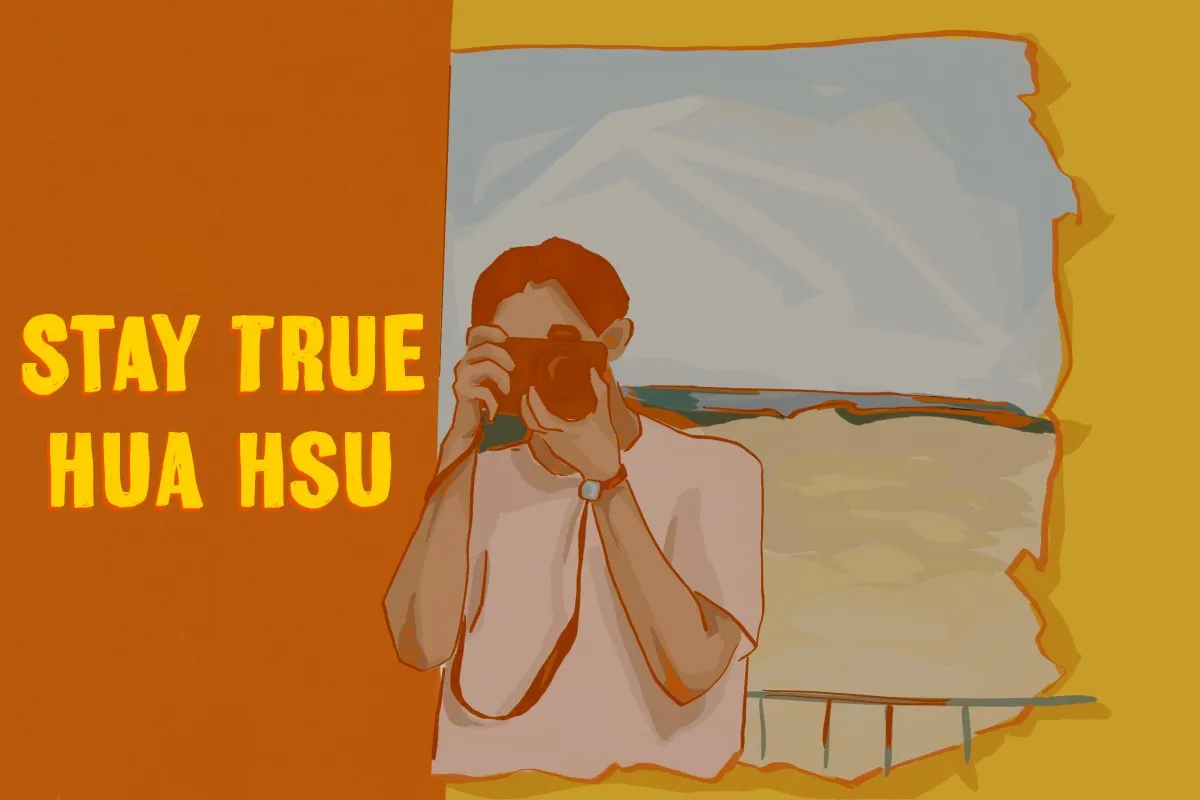Stay True

The first generation thinks about survival; the ones that follow tell the stories.
—Hua Hsu
Hi. I’m going to start publishing a less polished version of my blog. Hopefully it’ll be more personal too. This is inspired by Hua Hsu, a writer who wrote a recent favorite read of mine, “Stay True.” It’s a beautiful memoir, one centered on a formative friendship and its tragic loss. Full of poignant observations and the musings of someone who can never say enough, it’s my kind of read.
Many moments in the book stand out—his notes on art and craft, his deceptively simple and relatable descriptions of pre-2k life, the gravity of his grief and guilt in the aftermath of his friend Ken’s senseless murder—but it’s his obsession with analysis that I’m drawn to and the nature of his friendship with Ken.
To Hua, Ken was the epitome of mainstream. He’s a sociable, handsome, well-liked frat boy. He listened to Pearl Jam and shopped at Abercrombie & Fitch. He dated and dated conventionally pretty white women, a true mark of Japanese American assimilation. He was everything Hua was not. He was cool.
Ken was cool in a way that had nothing to do with mastering random, arcane fields of knowledge. He was comfortable with himself, whether this meant chatting up girls at frat parties or accompanying me to the record store, and passing back and forth seemed to require no effort on his part.
Hua defined himself mostly in terms of negative space, his dislikes and social loathings, his desire to be special and subversive. He created zines. He made mixtapes. He was above physical attraction. Being cool—being Hua Hsu—meant avoiding everything and anything that everyone else found cool. It meant being the opposite of Ken.
Whenever he expressed skepticism toward the status quo, I felt a tiny measure of victory—Join me on the side of cynical despair!
Despite their differences, the two grew to love each other—or maybe more accurately, Hua learned to love Ken. Hua realized that Ken was in fact thoughtful and discerning, despite initial impressions. They spent a lot of time together, often staying up late to “subtext-mine” whatever film, book, or music they were obsessed with. Neither felt quite at home in America, and this was their method of gaining the privilege of narrative. Perhaps by understanding how this point in history came to be, they could then etch their own stories into the world. Hua learned, slowly, that he wasn’t above Pearl Jam, or physical attraction to women.
Everybody likes something—a song, a movie, a TV show—so you choose not to; this is how you carve out a space for yourself. But the right person persuades you to try it, and you feel as though you’ve made two discoveries. One is that this thing isn’t so bad. The other is a new confidant.
Shortly after finishing Hua’s memoir, I caught up with a friend who lives in Hungary. We’ve been friends for seven years now. She was a mess when I met her, to put it as she would in blunt Eastern European terms. I was, in my own way, too. So it was a gift to experience her lightness and humor despite being recently fired. An event like this would have sent her spiraling down to hell years ago. Instead she felt more sure and confident of herself than I had ever previously witnessed. She reflected back to me all the ways I had grown as well. The best of friendships are mirrors, and we are made in their image.
I thought of Hua and Ken after my call. Their friendship was cut short too soon. And yet, even in his absence, Ken continued to shape Hua and his life. He spent the next twenty years perfecting the art of description and criticism, thinking of and writing the memoir. And now their story is with me.
I envy the closeness and intimacy they have. It’s the thing I want and have struggled with most in my own relationships. It’s part of why I write this blog. I want you to witness the way my mind turns. I want you to see me in my fullness and not turn away. I want to share space with you—and occasionally fill it up with semi-smart digressions that make the sometimes lonely hours reading alone worth it. I want you to ask me what I’m thinking about, even if it’s about nothing. I want you to remember me, sitting in the room, strumming my guitar, with a head full of heart and a heart full of music.
When you’re young, you do so many things hoping to be noticed. The way you dress or stand, the music played loud enough to catch the attention of another person who might know a song, too. And then there are things you do as you step out into the world, the real world full of strange adults, testing out what it means to be generous or thoughtful. In that instant, before every memory was placed along some narrative arc, before the act of remembering took on a desperate air, I simply felt lucky to witness something so effortlessly kind—to see my friend do something that was good.